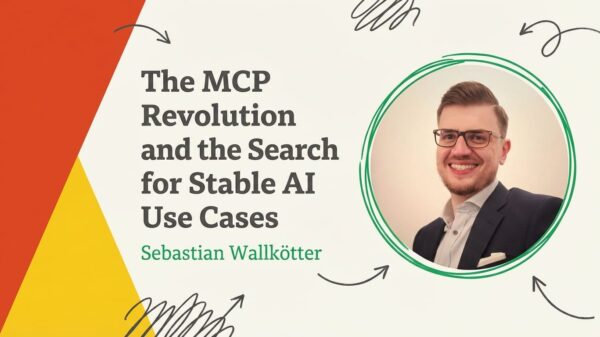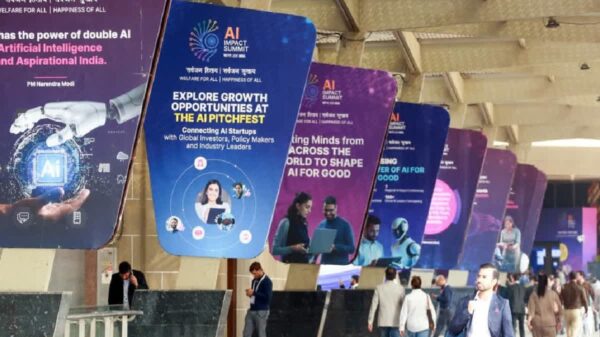Clifford Chance, one of the world’s leading international law firms, is scaling back its London business services workforce by approximately 10%, a move influenced by the growing integration of artificial intelligence (AI) into its operations. According to a report from the Financial Times, this decision will result in around 50 redundancies across various departments, including finance, human resources, and IT, along with changes to the roles of 35 additional employees.
The firm has cited a combination of factors for these layoffs, including increased reliance on AI technologies and diminishing demand for certain business services. The report indicates that some functions are being shifted to locations outside of the UK and US, specifically in countries like Poland and India, where operational costs may be lower.
A spokesperson for Clifford Chance stated, “In line with our strategy to strengthen our operations, we can confirm we are proposing changes to some of our London-based business professional functions. The proposed changes could see the creation of new roles, changes to the scope of roles, revised team structures, and in some cases a reduction in roles.” This statement highlights the firm’s intent to adapt to evolving market conditions while balancing workforce needs.
AI’s impact on the workforce is a growing concern across multiple industries, particularly in white-collar jobs. AI systems are designed to perform cognitive tasks that were traditionally associated with human intelligence, such as coding, research, scheduling meetings, and reviewing contracts. The technology’s ability to enhance productivity has raised questions about future hiring practices, with many companies contemplating reductions in staff as AI systems become capable of handling more tasks autonomously.
A recent survey conducted by the British Standards Institution revealed that 41% of business leaders across seven countries—including the UK, US, France, Germany, Australia, China, and Japan—acknowledged that AI has enabled them to reduce their workforce. This trend is not isolated to law firms; PwC has also expressed similar sentiments. Global Chairman Mohamed Kande indicated that the firm would not be hiring the 100,000 employees previously planned over a five-year period, a target set in 2021 before the significant advancements in AI. Kande explained, “When we made the plans to hire that many people, the world looked very, very different. Now we have artificial intelligence. We want to hire, but I don’t know if it’s going to be the same level of people that we hire – it will be a different set of people.”
Despite these cuts, Kande noted a pressing need for AI specialists within the firm, stating, “We are looking for hundreds and hundreds of engineers today to help us drive our AI agenda, but we just cannot find them.” This contradiction highlights the dual challenge organizations face: while AI may reduce the need for certain roles, it simultaneously increases demand for specialized talent capable of developing and managing these technologies.
The restructuring at Clifford Chance, alongside PwC’s hiring adjustments, underscores a significant shift in the job landscape driven by technological advancements. As AI continues to evolve, understanding its implications for employment is crucial for both employers and employees in the business sector. Organizations must navigate these changes thoughtfully to harness the potential benefits of AI while also addressing the workforce displacement that may result.
See also LCPC AI Enhances Decision-Making Tools Amid Digital Asset Market Volatility
LCPC AI Enhances Decision-Making Tools Amid Digital Asset Market Volatility Jimdo Launches AI Chatbot Companion, Boosting Inquiries by 40% for Small Businesses
Jimdo Launches AI Chatbot Companion, Boosting Inquiries by 40% for Small Businesses Certora Launches Open-Source AI Composer with Integrated Formal Verification for Smart Contracts
Certora Launches Open-Source AI Composer with Integrated Formal Verification for Smart Contracts AI Tools Empower Founders to Think Like Marketers, Boosting Clarity and Creativity
AI Tools Empower Founders to Think Like Marketers, Boosting Clarity and Creativity Microsoft Reveals AI Frontier Partners Program: Insights from AlphaBOLD and Schneider Downs
Microsoft Reveals AI Frontier Partners Program: Insights from AlphaBOLD and Schneider Downs






























































